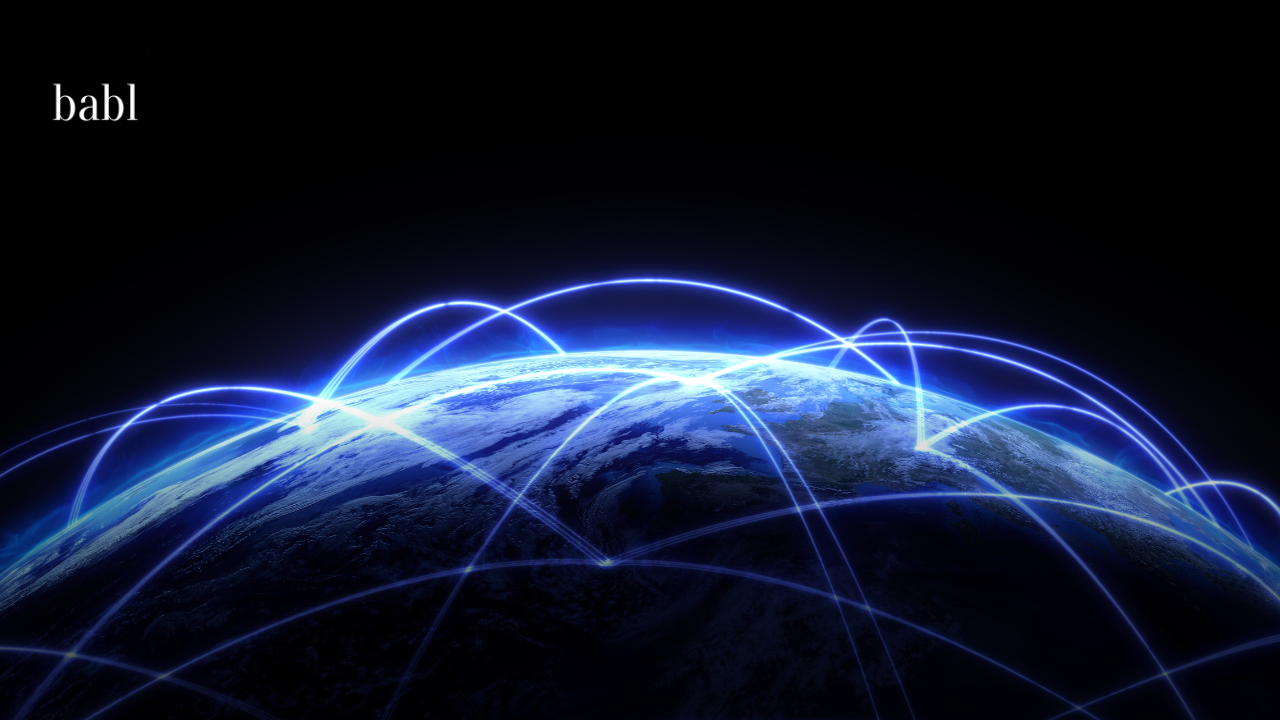A new report from the Tony Blair Institute for Global Change outlines how artificial intelligence (AI) is reshaping the labor market and influencing every part of the workforce. The expert team behind the study shows that AI can automate tasks, raise productivity, and spark innovation across the economy. At the same time, the technology presents challenges that workers, businesses, and policymakers must navigate.
AI’s Influence on Labor Demand
The report highlights three major areas of impact: labor demand, labor supply, and workplace experience.
According to the findings, AI could save up to 23% of the private-sector workforce’s time. That efficiency gain equals the annual output of six million workers. Roles built around routine cognitive tasks—such as administrative jobs—face the highest exposure to automation. Meanwhile, skilled trades and hands-on work remain less vulnerable because complex physical tasks are harder to automate.
Even so, the report stresses that AI will not function as a simple job eliminator. Like previous waves of innovation, AI is expected to create new roles, new markets, and new demand for labor. While estimates suggest that 1 to 3 million jobs in the UK could be affected, the report predicts a gradual adjustment. Annual unemployment linked to AI is expected to peak in the hundreds of thousands, a scale the labor market has managed before.
AI’s Impact on Labor Supply
AI may also help expand labor supply. It can improve education, healthcare, and job matching. AI-powered tools in classrooms could raise academic attainment by 6%, giving future workers stronger skills. Advances in healthcare technology may reduce sick days, extend working lives, and help people with disabilities re-enter the workforce.
Better job-matching is another advantage. With AI reducing friction in hiring, unemployed workers could find jobs faster and with better alignment to their skills, boosting satisfaction and stability.
Changing Workplace Experience
The report notes that AI will also reshape job quality. It may improve safety and remove mundane tasks. But without careful management, it could increase monitoring and stress, making work feel more demanding. Clear communication, worker involvement, and transparent policies will be essential to avoid negative outcomes.
Policy Guidance for an AI-Driven Future
To maximize benefits, the authors urge policymakers to take a proactive approach. That includes lowering barriers to AI adoption, investing in digital and transferable skills, and strengthening labor-market systems that support displaced workers. They also recommend preparing for a range of scenarios—from fast adoption to slower, gradual uptake—so governments can respond effectively no matter how the technology evolves.
A Balanced Path Forward
The report closes with a clear message: AI’s impact will depend on how businesses and governments choose to adopt it. AI offers enormous potential for productivity and economic growth. However, it must be managed in a way that avoids widening inequality or disconnecting workers from the benefits of technological change.
Need Help?
Keeping track of the everchanging AI landscape can be tough, especially if you have questions and concerns about how it will impact you. Don’t hesitate to reach out to BABL AI. Their Audit Experts are ready to provide valuable assistance.





